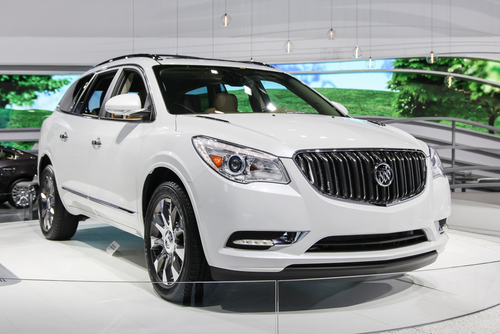
If you own a Buick Enclave, you might have come across a situation where the vehicle won’t move in drive or reverse. It can be both frustrating and worrisome when this occurs, but don’t panic.
In some cases, this issue may be related to the transmission or the shift lock control ECU/solenoid. A professional mechanic or auto electrical shop can assess the issue further and help pinpoint the cause.
There are also a few things you can do at home as well. The first thing you should do is check your Enclave’s transmission fluid.
Buick Enclave Won’t Move in Drive Common Causes
In this section, we’ll discuss common reasons why your Buick Enclave won’t move in drive. We’ll explore transmission fluid issues, failure of shift linkage, and problems with the torque converter.
Transmission Fluid Issues
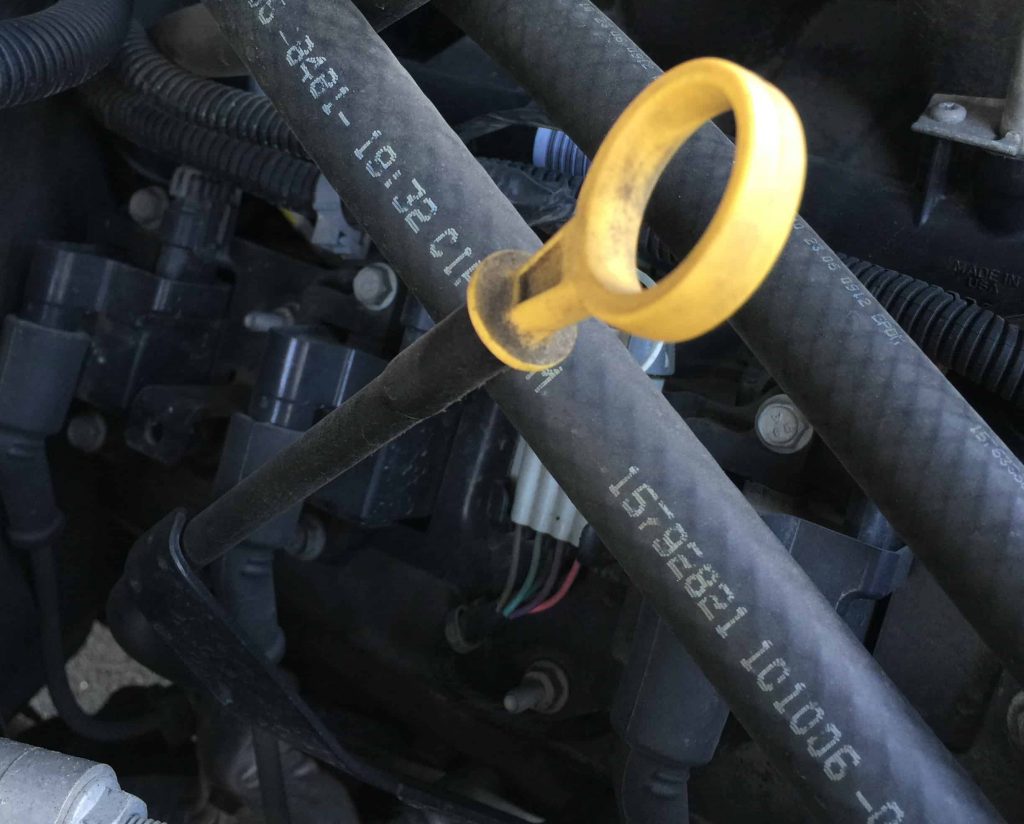
One possible cause for your Enclave not moving in drive could be related to transmission fluid.
Low or contaminated fluid can affect the transmission’s performance, leading to difficulties when trying to shift gears.
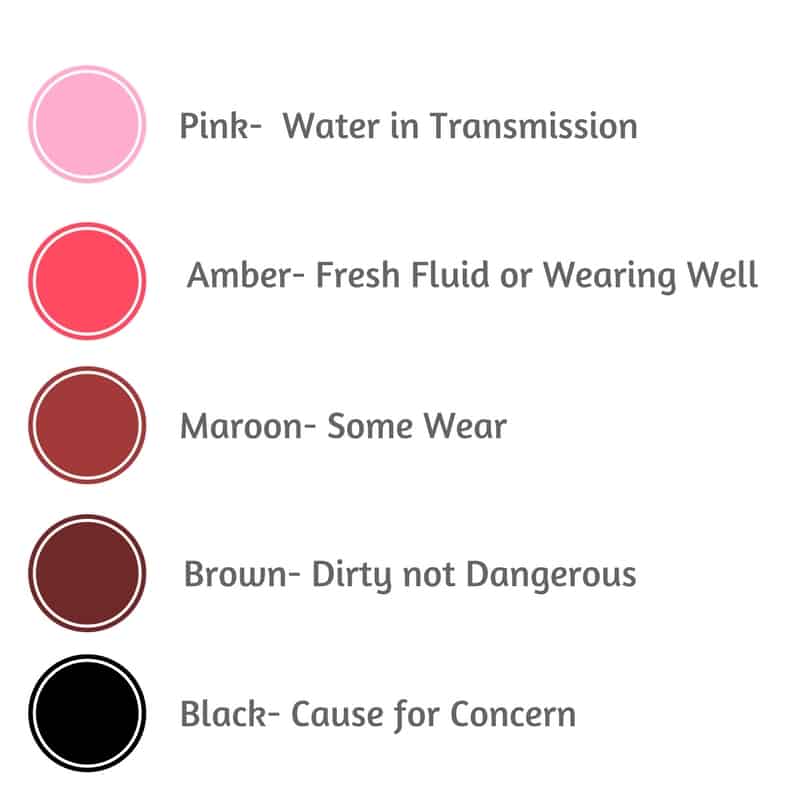
Check the transmission fluid level and ensure it’s at the appropriate level. If the fluid appears dirty or has a burnt odor, it’s time to replace it. Regularly maintaining and changing your transmission fluid can prevent this issue from occurring.
Faulty Shift Linkage
Another factor that could prevent your Enclave from moving in drive is a failure in the shift linkage.
The shift linkage connects the gear shifter to the transmission, and any damage or misalignment in these components can hamper the ability to move in drive or reverse
In some cases, the shift linkage may need to be adjusted or replaced. If you suspect a problem with your shift linkage, it’s best to consult with a mechanic for a thorough inspection and proper diagnosis.
Does your Enclave’s gear selector feel lighter and easier to move than normal? That’s an indication the shift linkage isn’t connected
Problem with Torque Converter
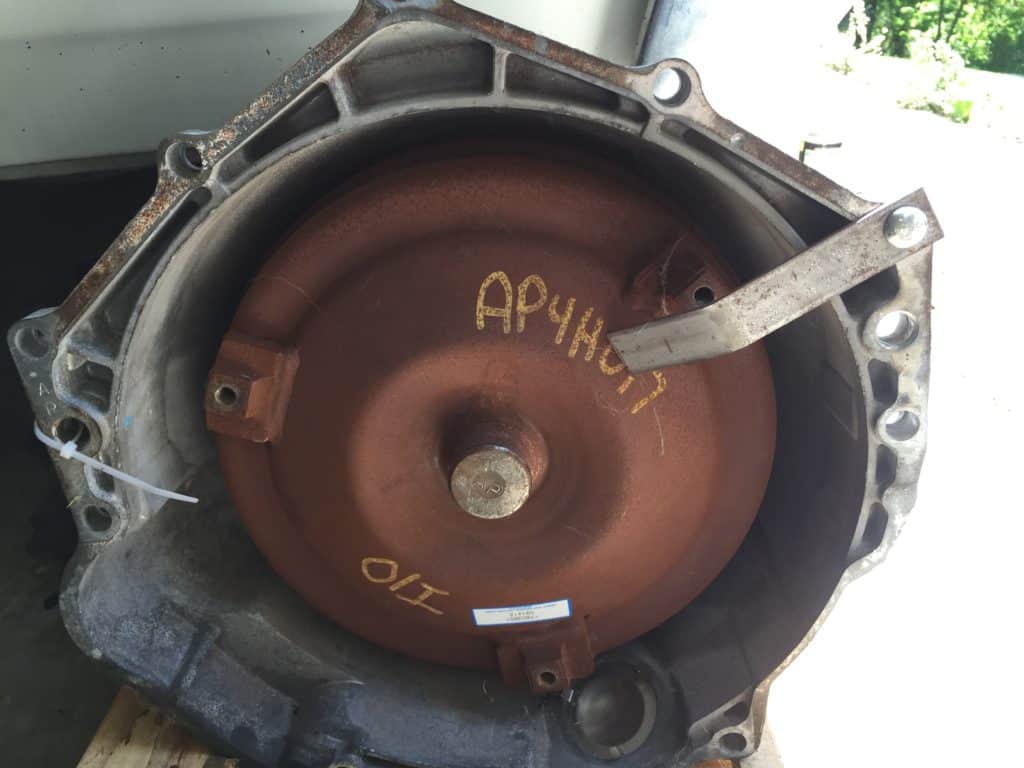
Lastly, a faulty torque converter can result in your Buick Enclave being unable to move in drive.
The torque converter is responsible for transferring engine power to the transmission; if it malfunctions, the transmission will not effectively engage, causing the vehicle to fail in moving forward.
Signs of a problematic torque converter include slipping, overheating, or shuddering. If you’re experiencing these symptoms, it’s essential to have the torque converter inspected and replaced, if necessary, by a professional mechanic.
Brakes Stuck
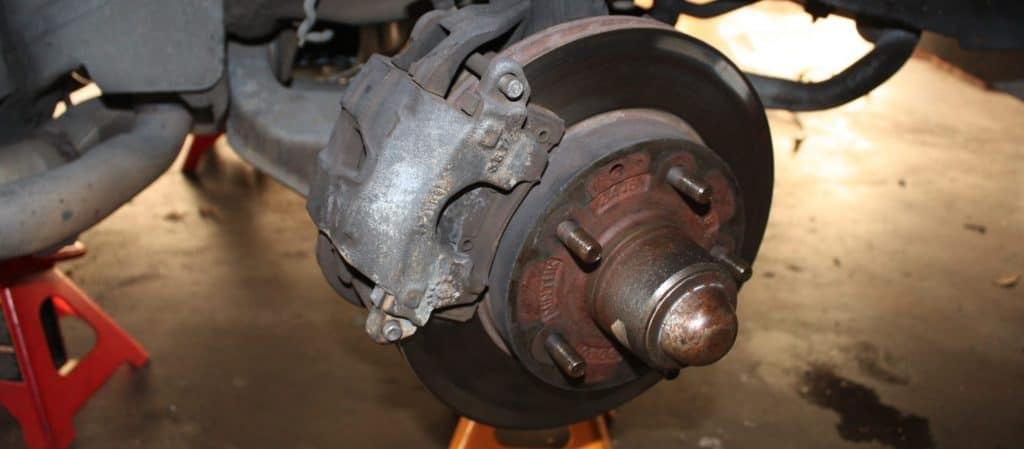
A parking brake that’s stuck or a brake line has been crimped and won’t let pressure out of the system can cause the brakes to get stuck.
When this happens, your Enclave won’t move in drive. But, you should feel the vehicle trying to pull.
Symptoms Associated with the Problem
Unusual Noises
When your Buick Enclave won’t move in drive, you might notice odd noises coming from the transmission or the engine area.
These can indicate an issue with the gears, linkage, or other components that affect the vehicle’s ability to shift properly.
Make sure to pay close attention to the noises and their frequency to help diagnose the issue.
Warning Lights on Dashboard
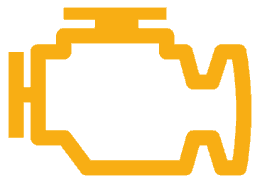
If your Enclave is experiencing a problem related to its transmission or drivetrain, warning lights may appear on the dashboard.
Look for lights such as the check engine light, transmission temperature warning light, or any other indicator that signals an issue with the vehicle’s systems.
If the check engine light is on, check for any transmission-related trouble codes. They usually start with P07.
Strange Smell
A peculiar odor may accompany your Enclave’s inability to move in drive. This can happen due to a transmission fluid leak or burning smell caused by the transmission overheating.
Make sure to check for fluid leaks under your vehicle and monitor its fluid levels to ensure the system isn’t running dry.
Keep these symptoms in mind and be alert to any changes in your Buick Enclave’s performance. Early detection and addressing issues can help prevent severe damage and costly repairs.
Remember to consult with a professional mechanic if you’re unsure about the cause of your Enclave’s problems.
Possible Solutions
Performing Regular Maintenance
One of the key factors to address the issue of your Buick Enclave not moving in drive is ensuring regular maintenance.
By consistently checking and maintaining your vehicle, you can prevent various problems from arising. Some essential maintenance tasks include:
- Changing the engine oil regularly
- Regularly checking and adjusting the transmission fluid levels
- Replacing worn-out or damaged transmission components as needed
- Examining and adjusting the gear shift cable, if necessary
Replacing Faulty Components
If your Enclave doesn’t move in drive, it could be due to faulty components within the transmission system or elsewhere in the vehicle. To solve this problem, you should:
- Inspect the transmission system, including gears, shift cable, and other related parts
- Identify and replace damaged or worn-out components
- Test drive the vehicle to ensure the problem is resolved and the vehicle is functioning properly
Replacing these components as needed will help restore your vehicle’s performance and prevent future issues.
Professional Help
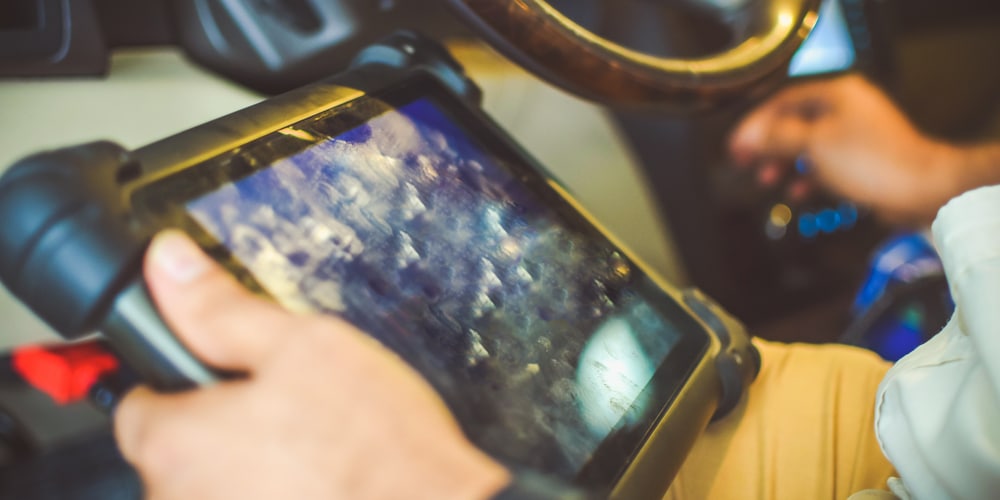
In some cases, it may be necessary to seek professional help to resolve the issue with your Buick Enclave not moving in drive.
If you have tried performing regular maintenance and replacing faulty components with no success, it’s time to consult a professional mechanic. They have the expertise and tools needed to diagnose and repair complex issues with your Enclave’s transmission system.
Remember, it’s essential to address this problem as soon as possible to prevent further damage and maintain the safety and reliability of your Buick Enclave.
Preventing Future Problems
Regular Inspection
To ensure your Buick Enclave does not face issues with moving in drive, it is crucial to perform regular inspections of your vehicle. Pay attention to the transmission and gear shifter, as these can be common sources of issues.
Make it a habit to check for any signs of wear or damage in these components, as well as any abnormal sounds or sensations while driving. By doing so, you will be able to identify potential problems early and address them accordingly.
Proper Use of Vehicle
Using your Buick Enclave as intended is essential for preventing future problems. Avoid overloading your vehicle and towing capacity to ensure you are not putting unnecessary strain on the transmission system.
When off-roading or driving in challenging terrains, make sure to follow the proper techniques and guidelines specified by the manufacturer. This will help minimize the risk of damage or stress on essential vehicle components.
Scheduled Servicing
Lastly, adhering to the recommended maintenance schedule is crucial for keeping your Enclave running smoothly. Regularly scheduled servicing by professionals can help catch any potential issues before they become bigger problems. Some key maintenance tasks include:
- Changing the engine oil and filter at recommended intervals
- Inspecting and replacing transmission fluids as needed
- Adjusting the gear cable if it becomes stretched or misaligned
- Regularly checking and replacing the crank position sensor (for 3rd gen Enclave)
By making sure these maintenance tasks are performed regularly, you can extend the life of your Buick Enclave and prevent the issue of not being able to move in drive.

